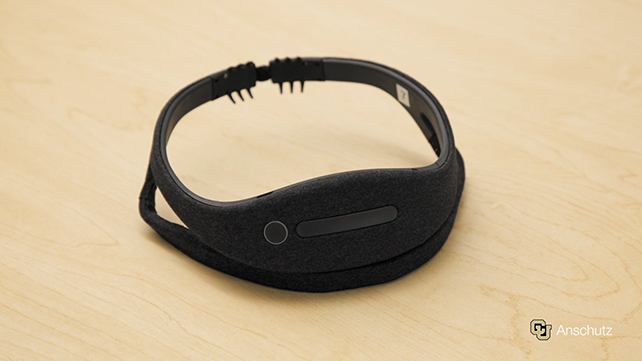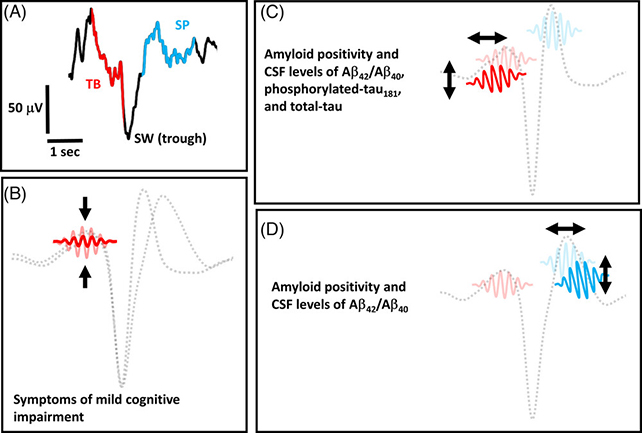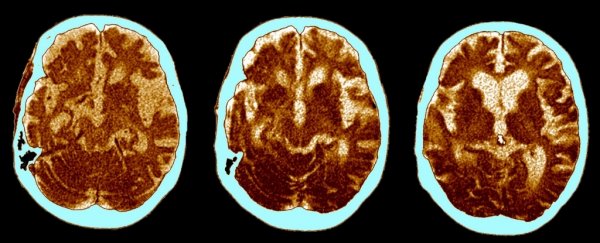There's no cure yet for Alzheimer's, but identifying the risk of developing symptoms as early as possible means that preparations and mitigations can be put in place.
We now have another option for early detection: a "fitness tracker for brain health".
The custom-made headband, built by a team from the University of Colorado, the University of Miami, and Washington University, uses electroencephalography (EEG) to watch for brain wave patterns that might indicate early signs of dementia – long before the pathology affects our behavior.
"Demonstrating how we can assess digital biomarkers for early indications of disease using accessible and scalable headband devices in a home setting is a huge advancement in catching and mitigating Alzheimer's disease at the earliest stages," says clinical neurologist Brice McConnell from the University of Colorado.

In trials involving 205 older adults, the researchers used the headbands to detect neural events including theta bursts, sleep spindles, and slow waves. These are all types of brain activity associated with memory processing during sleep.
Scientists have already established a link between poor sleep quality and Alzheimer's, but the details have been difficult to tease out. It's not fully clear how sleep influences Alzheimer's progression, or how the disease can affect sleep in return.
Here, the team identified changes in neural patterns during sleep that could be related to the build up of the amyloid and tau proteins that are typical in the brains of people with Alzheimer's.

"What we found is these abnormal levels of proteins are related to sleep memory reactivations, which we could identify in people's brainwave patterns before they experienced any symptoms," says McConnell.
The researchers also found that decreased intensity in one pattern of activity correlated with very early mild cognitive impairment.
Headbands like this one are some way off becoming commercially or even clinically available, not least because it's still not certain what causes Alzheimer's in the first place, making it harder to assess what might contribute to it.
However, an easy-to-wear device that people can put on in their own homes could potentially make a major difference to early Alzheimer's detection, as well as giving researchers a ton of new data on the relationship between the disease and sleep.
"We are just scratching the surface with this work, paving the way for affordable and easy-to-use devices to monitor brain health," says McConnell.
"This is proof of principle that brain waves during sleep can be turned into a digital biomarker, and our next steps involve perfecting the process."
The research has been published in Alzheimer's & Dementia: The Journal of the Alzheimer's Association.
